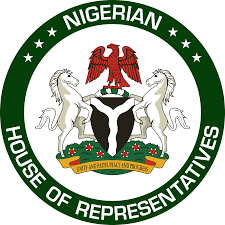A proposed bill in the Nigerian National Assembly has ignited widespread criticism and debate. The legislation, titled “Bill for an Act to Amend the Electoral Act 2022 to Make It Mandatory for All Nigerians of Majority Age to Vote in All National and State Elections and for Related Matters,” seeks to make voting compulsory and impose severe penalties on those who fail to participate. Specifically, it prescribes a six-month jail term or a fine of N100,000, or both, for non-compliance.
Critics argue that this bill is undemocratic and violates fundamental human rights, including the right to freedom of expression and association. The Socio-Economic Rights and Accountability Project (SERAP) has strongly condemned the proposal, urging lawmakers to withdraw it immediately. SERAP emphasizes that voting is a right, not a duty, and that penalizing citizens for abstaining from elections would be inconsistent with Nigeria’s Constitution and international human rights obligations.
Comparisons have been drawn with countries that practice compulsory voting, such as Australia and Belgium, where penalties for non-compliance are typically mild fines rather than imprisonment. These countries ensure that voting processes are accessible and convenient, providing valid exemptions for those who choose not to vote.
The bill has been criticized for failing to address the root causes of voter apathy in Nigeria, such as electoral fraud, governance failures, and systemic barriers to voting. Instead of coercion, many advocate for improving the electoral process, enhancing civic education, and creating a safe and inclusive environment to encourage voluntary participation.
This proposal has sparked concerns about the potential erosion of democratic principles and the misuse of legislative power. It highlights the need for a more nuanced approach to increasing voter engagement, focusing on reforms that promote transparency, accountability, and citizen trust in the electoral system.
